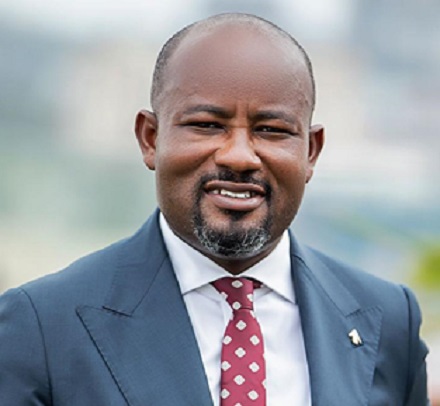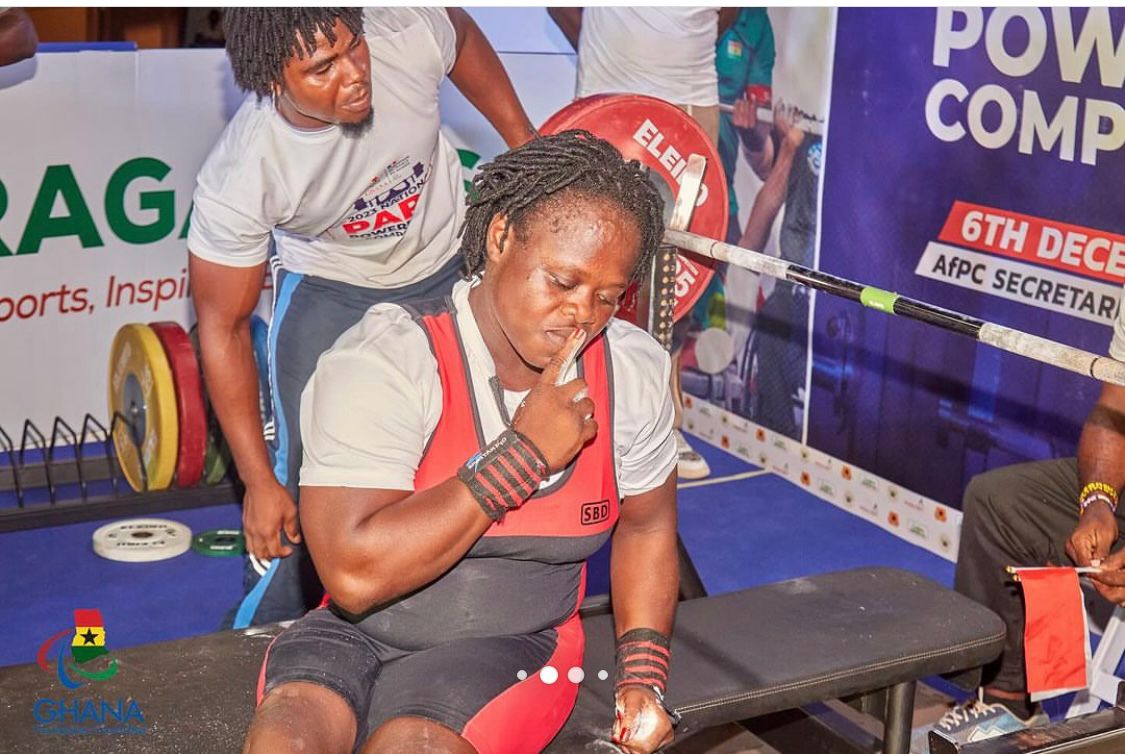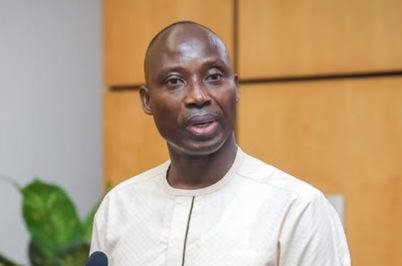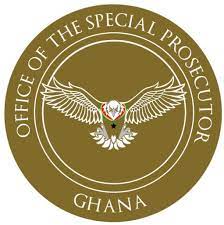
Ady Namaran Coulibaly, a holder of a Bachelor of Arts degree in Communication Studies from the Ghana Institute of Journalism and a student at the Centre for Human Rights, University of Pretoria undertook field research in Maseru, Lesotho from 8 to 12 April 2019. This was part of requirements for the MPhil in Human Rights and Democratisation programme at the Centre for Human Rights. The study, entitled “towards a rights-based approach to disability: reporting on disability by media in Lesotho” aimed at researching the representation of persons with disabilities (PWDs) the media, focusing on newspapers and online news media in Lesotho. This study comes against the backdrop of the widely acknowledged role of the media in influencing perceptions and attitudes in society.
The study had a three-fold objective: to identify the nature of reporting on disability by media in Lesotho; to assess media coverage of such issues and to evaluate media awareness of guidelines for reporting on disability. The study covered Public Eye and Lesotho Times, two widely circulated newspapers in Lesotho, as well as the Lesotho News Agency (LENA). Participants of the study included journalists; activists for persons with disabilities; organisations such as the Lesotho Federation of Organisations of the Disabled (LNFOD), an umbrella body of organisations of PWDs whose mission is to advocate for and protect, promote and defend their rights; the Lesotho branch of the Media Institute of Southern Africa (MISA) and the Journalists Union of Lesotho (JUL). The study made a number of insightful findings, mainly as concerns trends in media reportage of issues of disability, the role of organisations of PWDs in coverage of such issues and the need to provide guidelines on disability reporting.
The study revealed specific trends from the media’s reportage on disability: the charity perspective, awareness-raising, disability is not inability and the rights-based approach. In the charity perspective, articles by the media portray PWDs as victims and as persons unable to live independently, thereby requiring regular assistance. Awareness-raising articles discuss issues surrounding health and disability, with a view to enabling the public make informed choices. News articles with a ‘disability is not inability’ perspective narrate stories of PWDs who are still making a living or thriving despite the disabling situation they live with. The rights-based approach seeks to portray PWDs as rights holders who ought to enjoy rights such as accessibility (to transport, buildings, information), autonomy, education, health, legal rights and equality. It was observed that most reporting focused on either the charity model or the ‘disability is not inability’ model, rather than the rights-based model.
Second, it was observed that organisations of persons with disabilities, most notable of them being LNFOD, have played a commendable role in providing the media with information about issues concerning disability. Close collaboration was observed between the media and LNFOD, thereby providing a platform for PWDs to express themselves and for their concerns to be heard. A prime example is the role of LNFOD in advocating for the adoption by parliament of the Disability Equity Bill.
Lastly, the study revealed that much needs to be done as concerns media awareness of recommended and preferred language to be used in reporting on disability. In addition, the frequency of media coverage of issues of disability ought to be increased and consideration must be given to the multidimensional aspects of disability (for e.g. children and women with disabilities).
The findings of the study call for specific actions to be taken to ensure that PWDs are adequately portrayed and for the expansion of coverage to include diverse issues which have an influence on how such persons live in society. Journalists who report on social issues ought to be aware of the use of appropriate terminology and consider preferences of specific groups when reporting on disability. A paradigm shift towards a rights-based approach to reporting on disability is needed since this would ensure the promotion, protection and enjoyment of rights by PWDs.
A significant outcome of this study is the decision by LNFOD to come up with a language style guide on reporting on disability for media in Lesotho, in consultation with relevant stakeholders. This guideline, the researcher believes, will go a long way to shape media reporting in favour of the rights-based approach.
The willingness of the media and other key stakeholders to participate in this study, which is the first of its kind in Lesotho, is highly appreciated.
Read Full Story


























Facebook
Twitter
Pinterest
Instagram
Google+
YouTube
LinkedIn
RSS